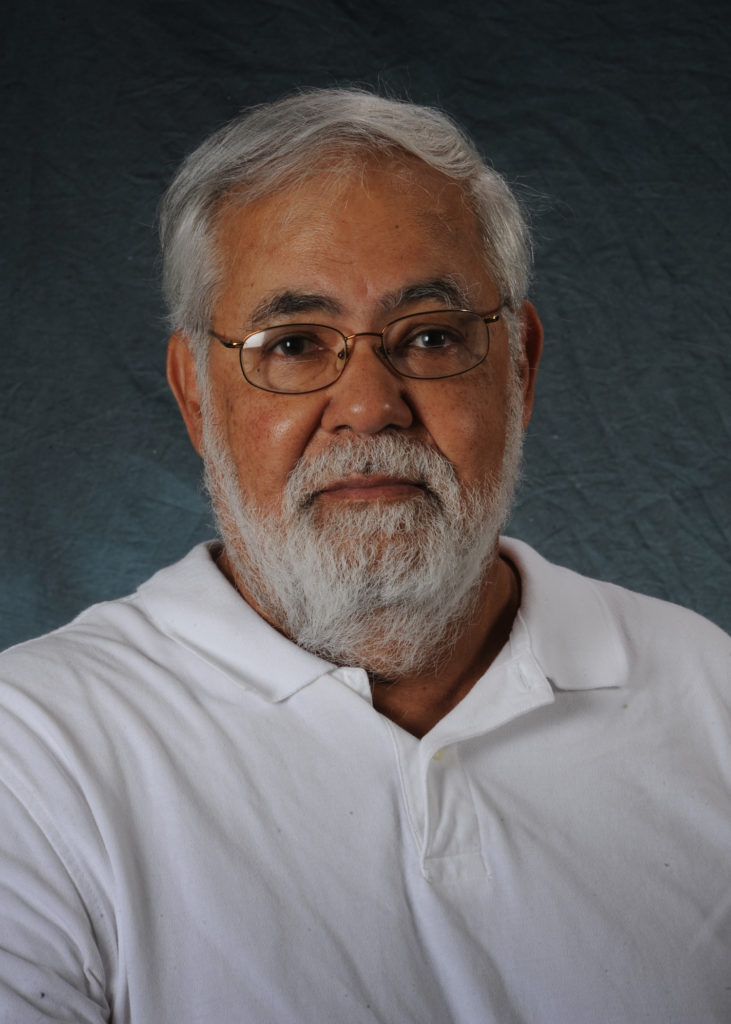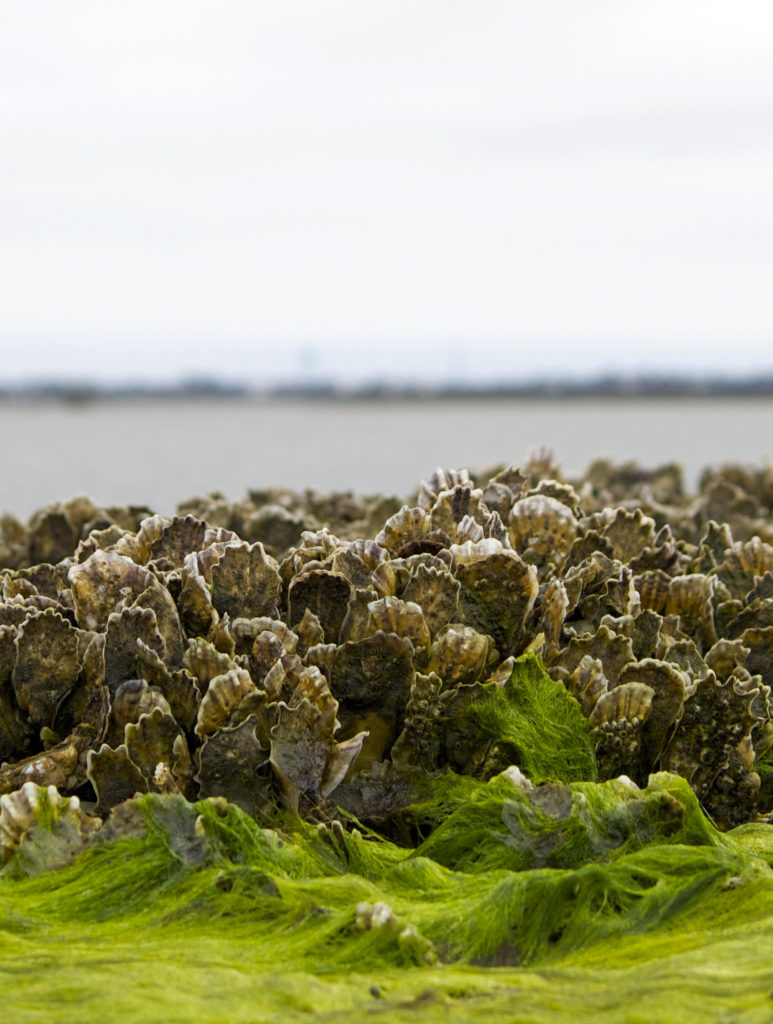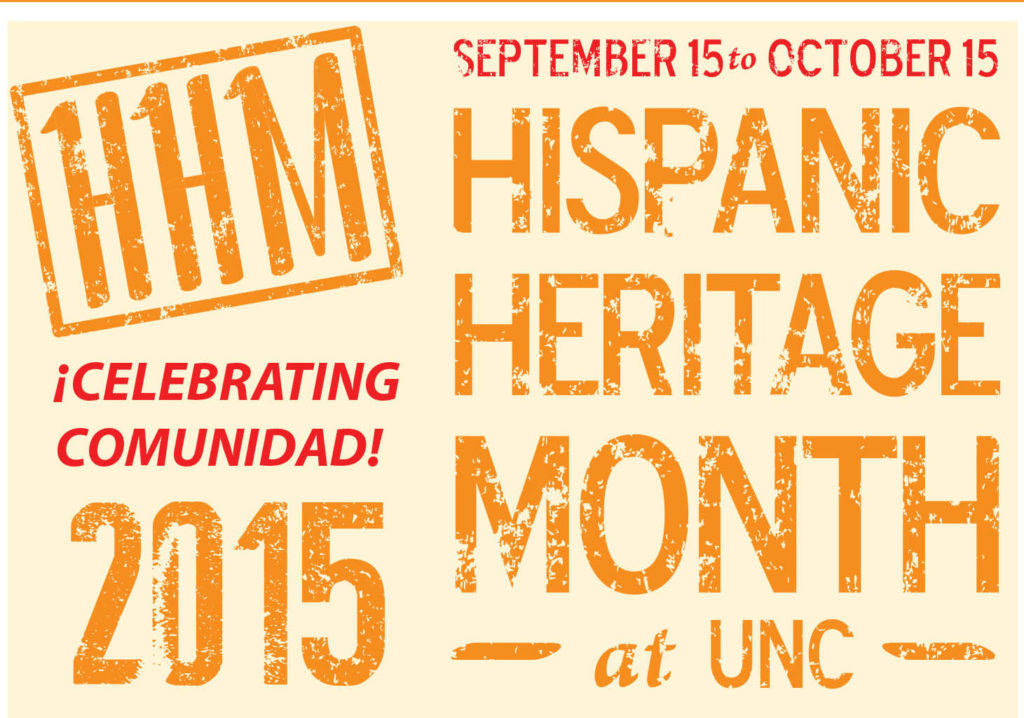Senior Micah Poulson, Air Force ROTC and Wing Commander of the 590th Cadet Wing, holds his military honor cords. The cords will be presented to graduating military-affiliated students at a special ceremony May 9.
Sunday, a new kind of cord will grace the shoulders of some of the University of North Carolina at Chapel Hill’s most dedicated graduates: those who serve the United States.
Military honor cords in strands of red, white and blue are being offered at Carolina this year for the first time, giving special recognition to graduating students who are veterans, serving in the military or ROTC students commissioning upon graduation.
They also will be honored with their own graduation ceremony Friday, an event unique for the way it pays tribute to graduates’ service to the military alongside their accomplishments as Carolina students.
“We wanted a ceremony to honor what these students have contributed to our country and to our ability to enjoy a public education,” said Brian Papajcik, an assistant dean of students at UNC-Chapel Hill and a member of the Veterans Resource Team responsible for coordinating student veteran resources and support services. “This not only recognizes their military-affiliated status, but also the hard work they have done to become graduates of this University.”
The ceremony is part tof the University’s overall plans to expand the resources offered for military-affiliated students as recommended by the UNC Policy on Military Student Success. The policy calls on institutions to develop and maintain a comprehensive network of services for such students, and Papajcik said Carolina employees and students have taken up the cause with enthusiasm. The Office of the Dean of Students has begun offering military-friendly “Green Zone” training for faculty and staff and maintains contact with local and national veterans resources.
“This ceremony is part of a larger strategy to build a better support structure on campus for our military-affiliated students,” said Papajcik. Unless students are using Veteran Affairs benefits or involved in ROTC programs, the University may not be aware of their status and unable to effectively reach out to these students. Providing the cords is a first step in taking a more complete count of those students.
An orientation session this summer will have additional programming for transfer students who are veterans, with panels tailored to the special needs and experiences of those students. Starting this fall, UNC will also develop new programs to support students who indicate on their applications a military affiliation and enhance the services made available to them.
Lara Taylor will graduate Sunday with a degree in psychology, which she plans to use in service of other veterans. Her research at Carolina has focused on the transition from military to academia, and she was a member of the student-led Carolina Veterans Organization, which seeks to provide a welcoming and informative environment for all veteran students and their families.
Before coming to Carolina, Taylor served in the Air Force as a personnel apprentice. Though she never deployed, she saw what her fellow veterans experienced.
“It’s important to educate other students on the lives veterans have lived,” she said. “Those who have been in combat might have a completely different outlook on life. It’s hard for them to relate to a lot of the students who don’t understand the depths of the experiences they’ve had in the military.”
Taylor said it was the student group who suggested the cords, but Papajcik who came up with the ceremony.
“He really went above and beyond to start something special here at UNC, and we hope anyone with an appreciation for the military will want to come and celebrate these students,” said Taylor.
Micah Poulson, Wing Commander of the 590th Cadet Wing in Carolina’s Air Force ROTC, has been chosen to give remarks at Friday’s ceremony and spoke at Carolina’s Veterans Day Ceremony last November. He’ll graduate with a degree in African, African American and Diaspora Studies – with minors in history and aerospace studies – and begin active duty in Suffolk, England, managing the maintenance of special operations aircrafts. After his service, he plans to attend law school and become an attorney for the Air Force.
Poulson came to Carolina from Hampton, Va., because of the University’s commitment to financial aid. The military hadn’t crossed his mind since he was a child playing with toy soldiers, he said, but in seeking out a niche at Carolina, he found himself drawn to the Air Force.
At first, his parents didn’t fully understand his decision to join the Air Force ROTC his sophomore year. But, he said, “once they saw how much it was helping me grow, and how confident I’ve become, they got excited about it. They’re proud of me.”
Air Force ROTC provided mentorship, direction and structure. His grades improved, he was able to help others and he developed skills he didn’t know he had.
“It might look like I have everything together, now, but when I came here I was rough around the edges,” said Poulson. “Through the Air Force, I learned I could be a leader.”
For some, it’s hard not to have a narrow view of the military, Pouslon said, if they don’t know much about it. He hopes the new initiatives at Carolina will help educate other students about military life. It’s where he found a diversity of people and opportunities and awakened a passion for service.
He looks forward to Friday to say “thank you” to his fellow students who serve and the University he loves. And to wearing the new red, white and blue cord.
“When I came here, I didn’t know who I was,” he said. “I found myself through Carolina and the Air Force and the opportunities that I’ve been given here.”
By Courtney Mitchell, University Gazette



